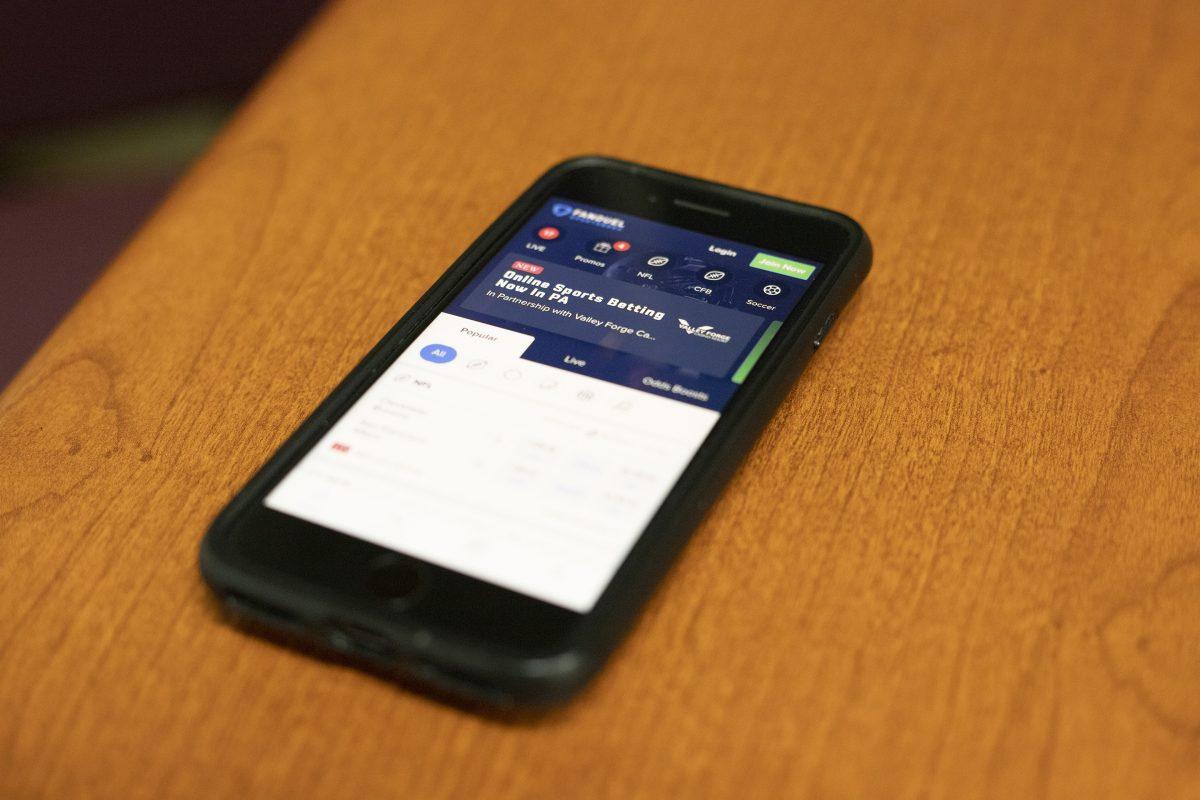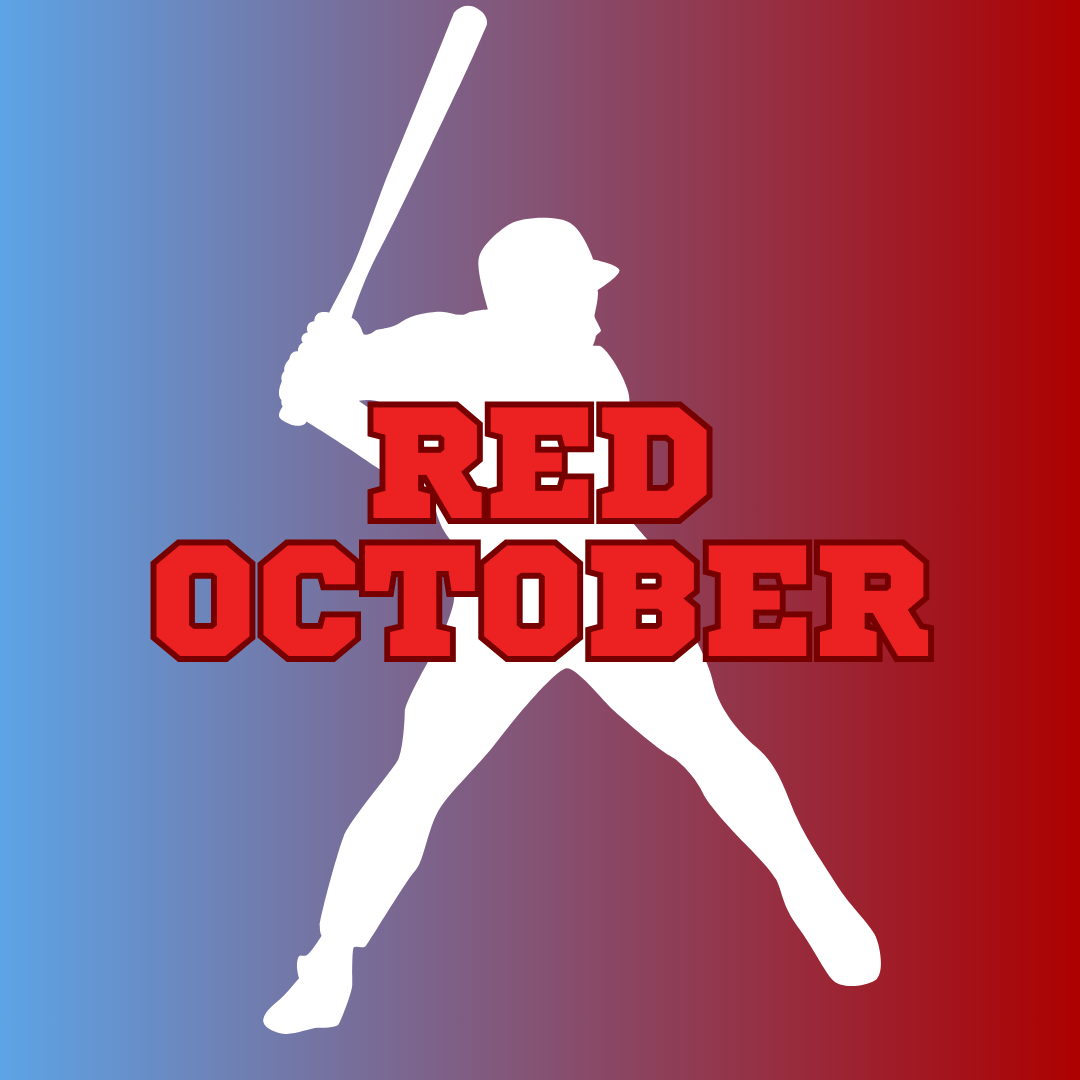St. Joe’s released their interim policy on sports wagering within the university community on Sept. 24, which, along with mandates on student athletes that fall in line with the NCAA’s policy, bars students from betting on St. Joe’s athletic events.
In addition to reinforcing the NCAA ban on athletes and members of the athletic department staff placing a wager at any level on any sport that the NCAA sponsors, the most significant restrictions fell outside of athletics.
“Saint Joseph’s University is an institution built on community, in which we encourage all members to support one other in achieving personal, academic and spiritual growth,” the policy states. “Allowing Saint Joseph’s University students, faculty, staff, contractors and members of the Board of Trustees to gamble on the performance of University student-athletes or staff members runs contrary to the sense of community that is so critical to the University.”
This policy comes less than a year after the first legal sports bet was placed in Pennsylvania in November 2018. The state of Pennsylvania legalized sports gambling just six months after the Supreme Court ruling that gave states the power to authorize and regulate sports gambling.
In fact, the three states that border the Philadelphia area and states where St. Joe’s draws a majority of students from were at the forefront of the movement. Pennsylvania, Delaware and New Jersey were among the first 11 states to legalize sports betting.
New Jersey brought the case to the Supreme Court, while Delaware was the first state to officially legalize sports betting. All of this factored in to the decision to create a policy applicable to the entire St. Joe’s community.
“When the Supreme Court struck down that law, then states began to be able to make their own decisions,” Director of Athletics Jill Bodensteiner, J.D., said. “It was really those state laws that made us say, ‘We should probably look at a broader policy that doesn’t just involve student athletes and the athletic department staff.”
While there has long been NCAA mandates on gambling, these regulations only applied to student athletes and until a year ago, gambling on sporting events was illegal.
Bodensteiner, in collaboration with Provost Cheryl McConnell, Ph.D., Chief Human Resources Officer Zenobia Hargust and Vice President and Associate Provost of Student Life, Cary Anderson, Ed.D., felt it was necessary to localize the policy to St. Joe’s and all of its students.
“We wanted to be really clear, since sports wagering is already legal in all three of those states if you’re 21,” Bodensteiner said. “We just thought it was important to make people aware, if you engage in it when you’re 19, or you engage in it in an illegal way that it can potentially be a problem for our community. So we wanted to get out in front of it, we wanted to tell our student athletes that we have expectations of everybody.”
According to Anderson, any betting will be treated as a violation of community standards. Any student that breaks this rule will go through the same community standards review process as they would if they had violated the drug and alcohol policy. However there are no specific, predetermined consequences.
“We want this to be educational, not punitive,” Anderson said.
Jeff Deverensky, Ph.D., chair of the department of educational and counselling psychology at McGill University, has written extensively on the potential effects of sports wagering for the NCAA. He said gambling is different than drug or alcohol abuse.
“I have a book that I wrote and it is subtitled ‘Gambling: The Hidden Addiction’,” Deverensky said. “You can’t smell it on someone’s breath and you can’t see it in their eyes.”
Derevensky said releasing a policy was a step in the right direction.
“If you look at school policies around things like drugs, alcohol and gambling, most schools have a drug and alcohol policy, yet there’s relatively few schools that actually have a gambling policy,” Derevensky said.
Admittedly, detecting gambling is one of the challenges administrators will face. Anderson said that as of now, they are relying on the honor system and word of mouth. Bodensteiner said that they will “enforce it when it comes to our attention.”
For Anderson, the most important part of the new policy is that it upholds the values of St. Joe’s
“What we really want to do is to underscore our own values as a university,” Anderson said. “[Gambling is] not who we are as an institution.”
St. Joe’s will be extending the discussion on sports gambling to the student body in an open forum in The Perch on Oct. 22.















































Tyrese • Oct 9, 2019 at 4:04 am
I have won thousands of dollars on university betting on athletic events when I was in college. But I agree on banning this.